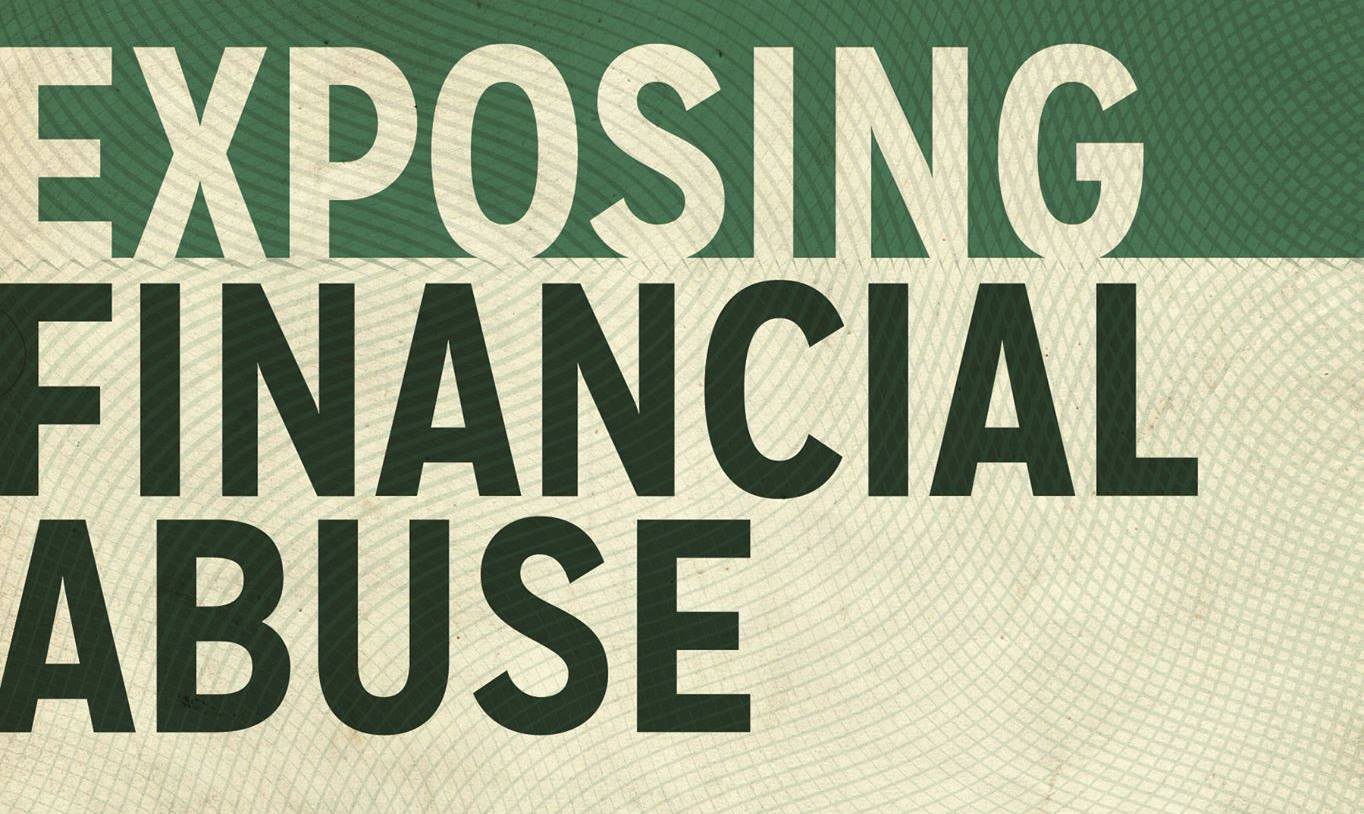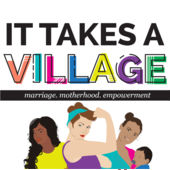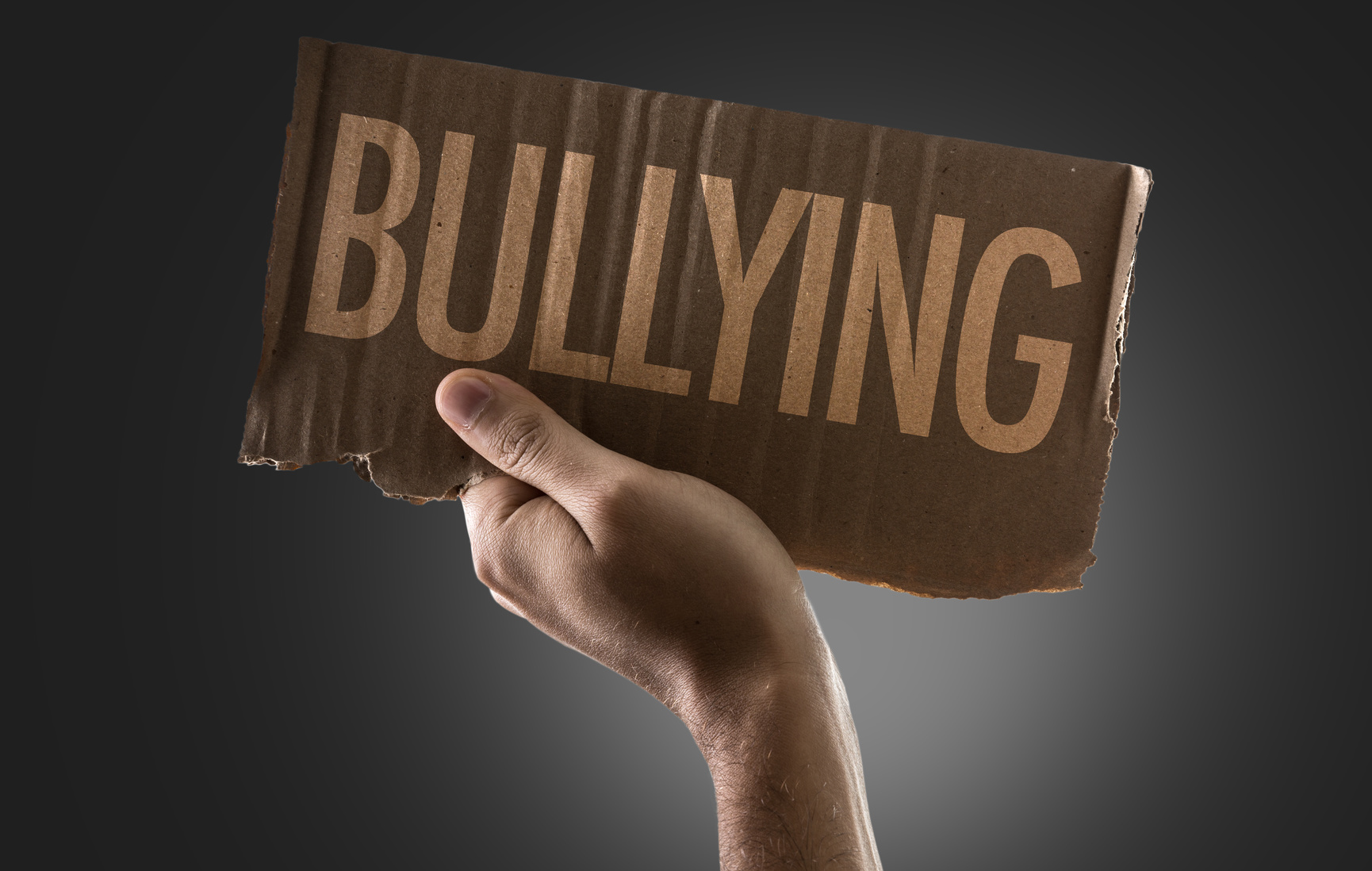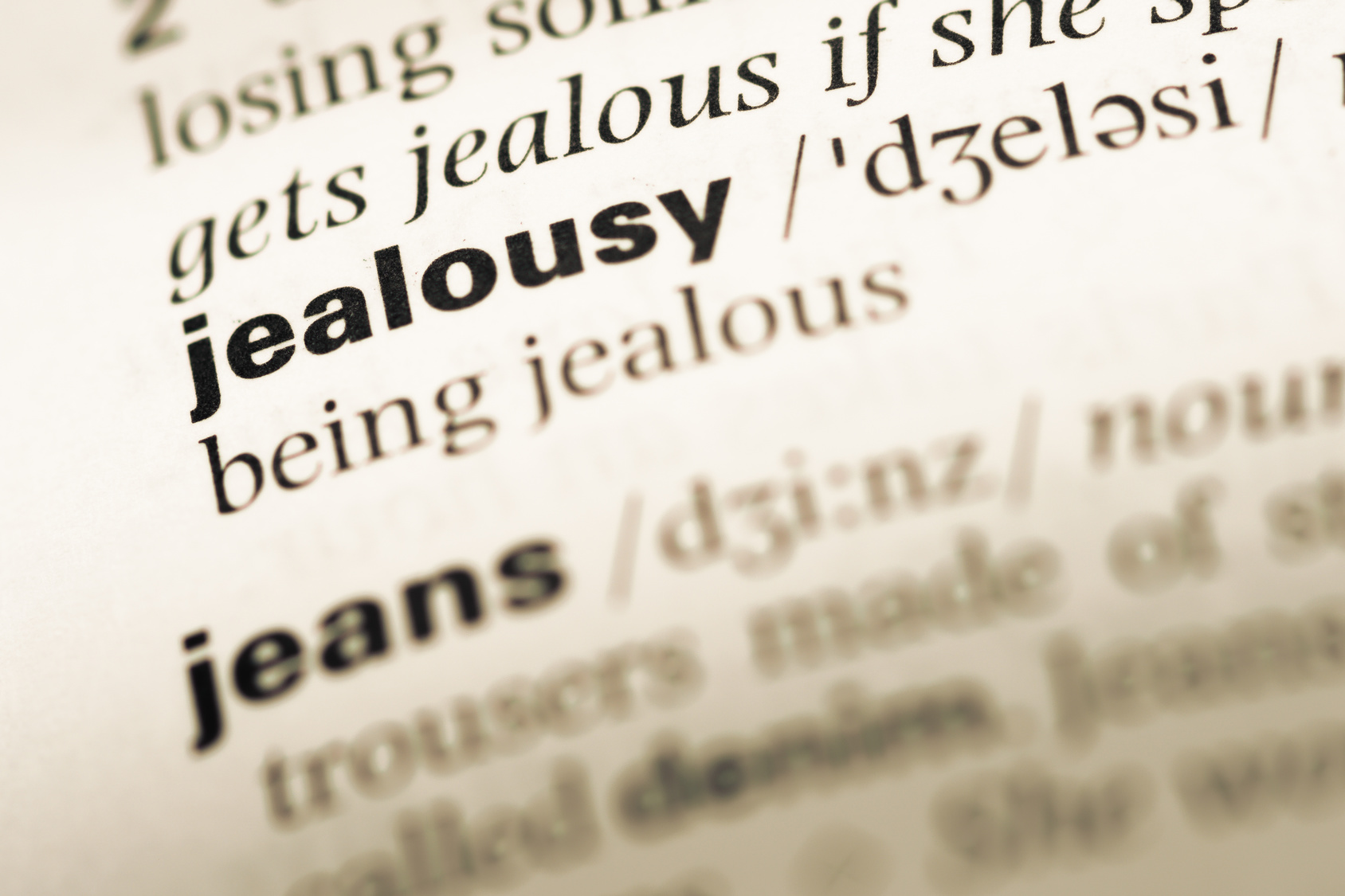
Abuse Recovery, Family, Friends, Quality of Life
In each life, there will be sunshine and rain. In Texas, sometimes these two weather events happen at the exact same moment. I have taken my fair share of pictures with sunshine in the distance and dark thunderstorm clouds overhead. Life is often like Texas weather;...

Abuse Recovery, Family, Friends, Healing from Hidden Abuse, Quality of Life
With the release of the second book in the Healing from Hidden Abuse series, Exposing Financial Abuse: When Money is a Weapon, I have innocently been asked why this an important topic to cover. It’s a good question but one that, honestly, took me by surprise a...

Family, Friends, Podcasts, Quality of Life, Relationships
“Daily Mom Pressures, It’s Never Too Late & The Power to Change” I had a fantastic time laughing with It Takes A Village host, Ashley Carroll, about the challenges of motherhood, finding our way through jealousy and becoming comfortable in who we are as women –...

Abuse Recovery, Family, Friends, Quality of Life, Relationships
In this series on adult bullies, we have looked at the Accusing Bully who has a need to make you their scapegoat so they don’t have to look at their own shortcomings. We have also examined the Bitter Bully who may have started out as someone close to you, but when...

Abuse Recovery, Family, Friends, Quality of Life, Relationships
Disclaimer: For those of you who know me and my work around healing from abuse, please note that this blog is not about clinically abusive people (aka narcissists, sociopaths, or psychopaths). This series on adult bullies is about the other type of difficult people....

Abuse Recovery, Entrepreneur, Family, Friends, Quality of Life, Relationships
Disclaimer: For those of you who know me and my work around healing from abuse, please note that this blog is not about clinically abusive people (aka narcissists, sociopaths, or psychopaths). This series on adult bullies is about the other type of difficult people....






